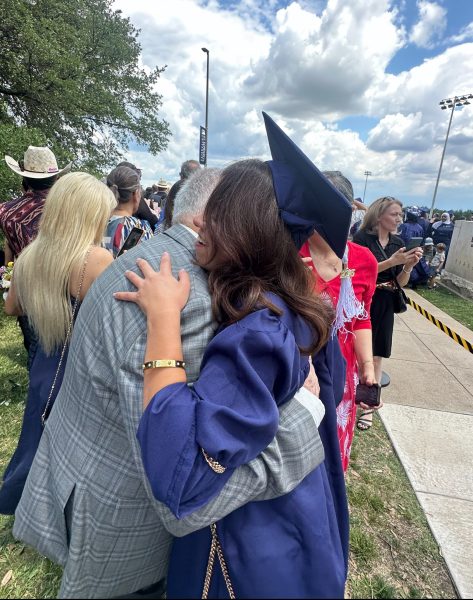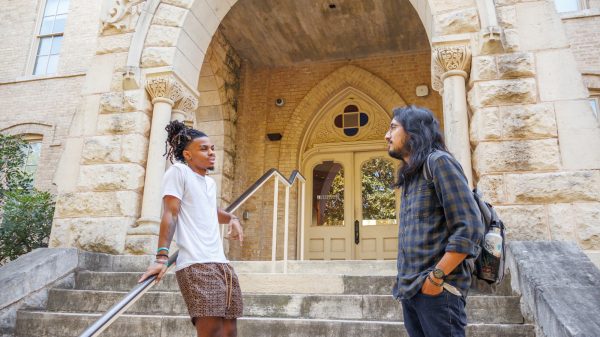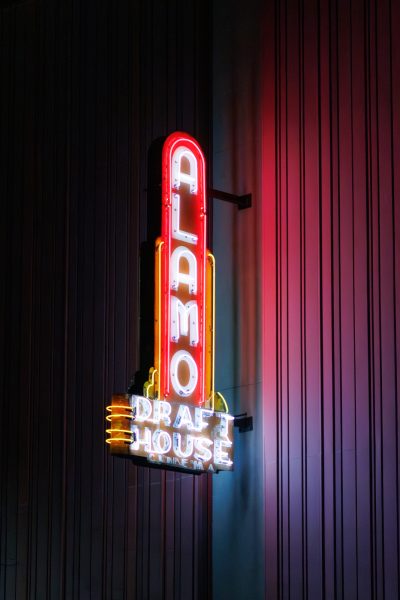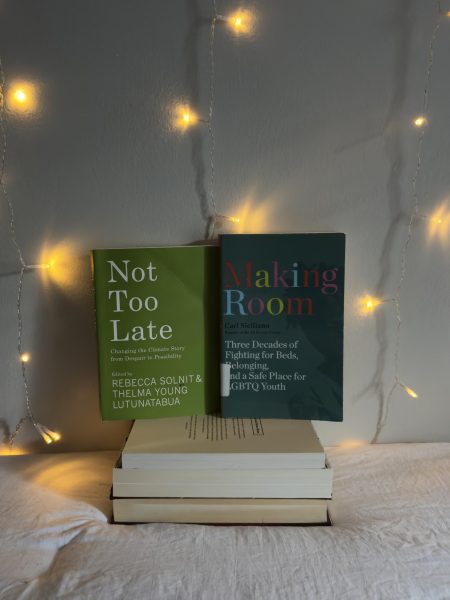College education doesn’t stop outside the classroom
I heard stories about college before I even got accepted. Stories of all-night paper writing fueled by nothing but anxiety and Red Bull. Stories of unbreakable friendships formed on the first day of freshmen seminar. Stories of weekends that no one remembers, because no one was fully sober.
So when I finally got to St. Edward’s University, it really wasn’t all I thought it’d be. I had a hard time adjusting to the way the humidity and the heat made for terrible weather, the pollen and allergens that floated around. I also found it difficult to find friends that shared the same interests as me.
I remember my first college class: Presentational Speaking. It was an early Monday class with an overly-enthusiastic professor and a whole lot of people I never knew existed. I received a syllabus and hit the ground running.
From that point on, I just tried to get through my freshman year by focusing on my classes. I tried for perfect attendance, I sat in the front and I made myself known to my professors. I figured all the socialization stuff would come when the time was right, but I figured wrong.
It took me a while to figure out that learning in college is not just in the classroom. I truly believe college is about education; however, education comes in more forms than one.
My parents see my college education as their retirement funds. I’ve learned to be grateful and to express my gratefulness by maintaining a good GPA.
I also learned that college is nowhere close to Asher Roth’s interpretation, at least not for me.
I learned that underneath all the awkward and forced socialization was my education, no matter how much I tried to procrastinate myself into finding friends.
If you strip away all the layers of college life—the pursuit of a significant other, the Cowboys and Indians-themed parties, the self-actualization—you’re taking around 12-18 hours a week of higher education classes. In those hours, you really start to figure out what you want to study and do for the rest of your life—or at least what you may be interested in for the next few years. In the end, you have a major, or at least an inkling of what you want to do after you leave St. Edward’s.
I learned that journalism, while not the only interesting profession to me out there, is still the best fit for me.
Behind the head of that gorgeous 6’4″ basketball player is your professor, lecturing about Plato’s Apology and how it pertains to you.
I learned, very quickly, that I could never be a philosophy major.
As you get ready for that Cowboys and Indians-themed party, you might remember your American Experience professor talking about racial stereotypes, while thinking about the moral dilemma of pretending to be a person from a marginalized culture.
And as you realize exactly who you are and what you want to do in life, a smaller realization comes: you know all this because you learned it at some point during college.
College is definitely a place to learn and grow, but you have to make a personal decision about what outlets you want to utilize in the learning and growing process. With so many different ways of learning, it’s easy to see how college can mean so many different things to so many different people.
You can learn in your Basic Christian Questions class, and you can learn in your Hillel Toppers meeting.
You can learn in your intramural sports game, and you can learn at lunch in the cafeteria.
You can learn by staying home on Friday nights and watching continuous streams of PBS documentaries, and you can even learn by going to 6th Street and trusting your purse to a stranger.
Whether you want to or not, you learn here in college. It’s up to you what to learn, and how to learn it.





